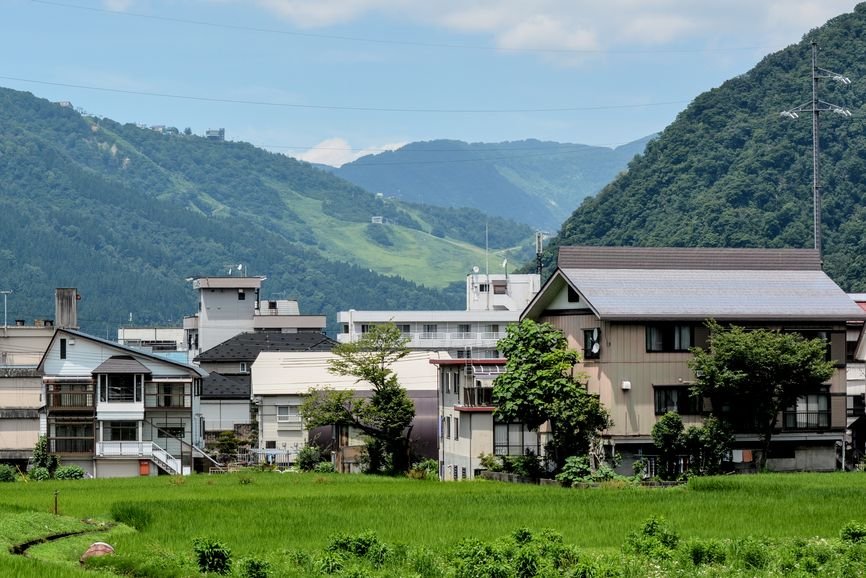
The economic downturn that began with the collapse of Lehman Brothers in September 2008 created a spike in Japan’s unemployment rate. That, in turn, saw a growing number of foreclosed homes for sale.
Where to find foreclosed homes
Today, you can find listings of foreclosed homes—including condominiums, detached houses and resort properties—as well as commercial and industrial property and vacant land on the Japanese-language Bit Sikkou website. Newspapers publish foreclosure and auction notices, while companies such as 981 provide English-language listings for people interested in buying these properties.
So, with increased supply and more information and resources available, should you buy a foreclosed home? Like many things in life, the answer is “maybe.”
Location, location, location
As in other countries, foreclosed property in Japan sells at a discount. The size of the discount is heavily dependent on the property’s location. Fire sale prices are far more common in rural areas and in secondary and tertiary cities than in Tokyo, where a 10% reduction is more typical.
One reason for the price difference is that Tokyo—and to a lesser degree, Osaka and Nagoya—continues to attract the nation’s best and brightest, who are looking for education, employment and a mate. Big cities are also popular with retirees from other parts of Japan, searching for culture and healthcare. These trends have long-term implications for the viability of cities and towns outside Tokyo and for property values in these locations.
Small-town woes
Japan’s small towns and cities struggle with aging, shrinking populations, and many are deeply in debt. In addition to a smaller pool of potential tenants, a dwindling population means fewer individual and corporate taxpayers, and reduced services. The Economist estimates that half of Japan’s municipalities will disappear by 2040. If you’re planning to buy outside a major city, make sure you understand the local economic situation.
In 2018, there were 8.5 million akiya (abandoned homes) in Japan, the bulk of which were in smaller centers. Akiya can be a safety hazard, and often diminish the value of nearby homes.
Potential drawbacks
Foreclosed homes are popular among investors, including real estate agents hoping to flip them for a quick profit. Many local investors buy properties in neighborhoods where they live. First-hand knowledge is a big advantage in Japan, where detailed, accessible pricing information remains rare.
Local investors usually have cash, which brings us to another issue: Financing. Banks and other lenders rarely provide mortgages for foreclosed homes, although you may be able to arrange an equity-release loan after you’ve completed the purchase.
Japan’s tenant-protection laws add another wrinkle. You cannot inspect the inside of a home with a sitting tenant before you bid. Pictures of a home’s interior may be available, but there is no guarantee that these images reflect the unit’s current condition. Furthermore, evicting a tenant is a long, cumbersome and unpleasant process. Evictions can be complicated by the presence of yakuza (criminal gangs).
You’ll want to have a clear idea of what you are buying and the associated liabilities. For example, you could be responsible for refunding the deposit paid by sitting tenants. And you may have to pay taxes and other outstanding bills. You should also confirm that the home complies with local zoning regulations and check to see if the laws have changed since the home was built. Zoning problems can limit your ability to rebuild, redevelop or refinance a property.
There are bargains to be found in foreclosed property, especially if you are a hands-on investor who is willing to spend time researching a purchase. But given the limited discounts available in prime neighborhoods, the lack of financing options and other potential complications, a conventional purchase is a better choice for many people. That’s particularly true if you’re looking to buy a home quickly and with a minimum of hassles.
Click here for more articles about property in Japan.
Christopher Dillon was a residential landlord in Tokyo and is the author of the Landed series of property books. The second edition of Landed Japan is available from Amazon.
This post was published on May 28, 2010, and updated on February 13, 2023.
* * *